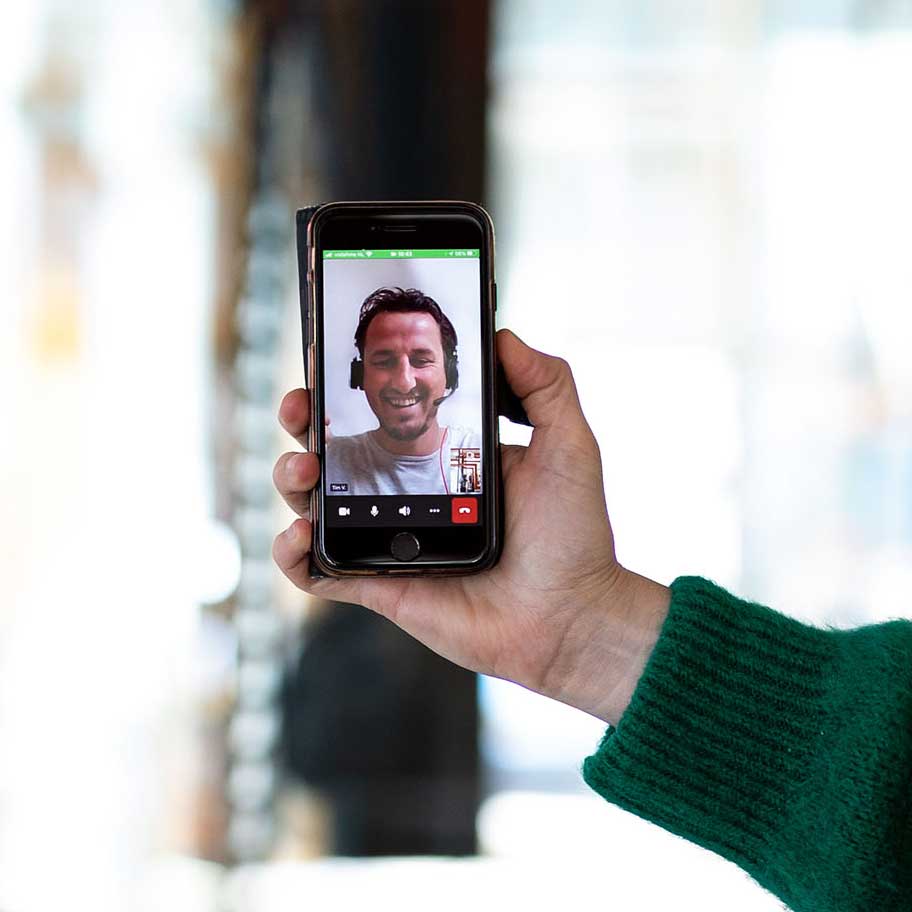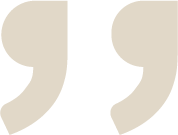Ambitious professionals work at Milgro on our sustainable mission every day. What does it mean to work for a purpose organization? And how does this mission find its way into everyday life? We asked several colleagues to describe a day at Milgro.
Today it is Tim Vonck's turn. He is a Waste Engineer at Milgro and is the link between waste-producing and waste-receiving parties, or in Milgro jargon: disposers and receivers. Every day he is busy reducing residual waste at his disposers and using these residual flows as (in)organic feedstock at companies.
Waste is an anonymous resourceEvery year, 7.6 million tons of waste is incinerated in the Netherlands. To make it more manageable: that is about 7500 Eiffel Towers worth of waste that is burned per year. That is quite a lot. On top of that, another 2.4 million tons of waste is landfilled. In all, 10 billion kg of waste, resulting in soil and air pollution. Many valuable products, materials and raw materials are thus lost. Our aim is to minimize the impact of waste. We do this by optimizing the front and offering the highest quality processing at the back, for unavoidable waste. That, in a nutshell, is what we work on every day at Milgro.

What does Milgro do?
At Milgro, we are constantly looking for ways to keep residual waste out of the incinerators and the ground and to use recovered residual flows as high-quality as possible. We do this by analyzing the waste data. On location we validate the data with what we see. When visiting a client, we participate in the processes. Hair nets, white coats and steel noses are often present. This way you imagine yourself in an episode of the 'Keuringsdienst van waarde' with the difference that we look for solutions. We do not let our advice disappear in a drawer.
Our clients range from food-producing factories to supply chain companies, and from construction companies to network operators. We are familiar with all waste streams you can think of, which makes us very flexible. For this we work together with a large network of (inter)national companies. And we try to connect with innovative companies that can turn waste into beautiful products. In addition to the link we make between disposers and recipients, we also try to ensure that the polluting connections are as low as possible. Cost often goes hand in hand with ecological impact. Win-win, so to speak.
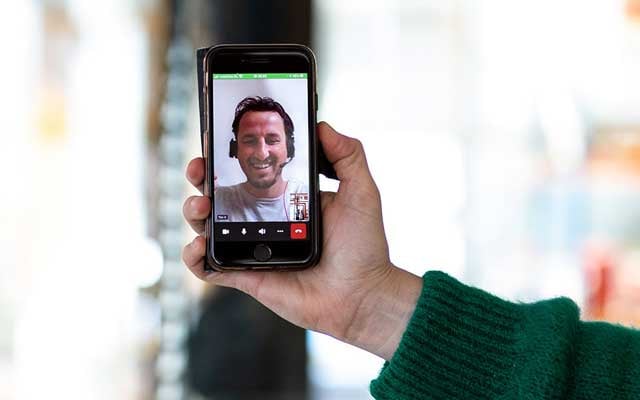
What does a Waste Engineer do at Milgro?
As a Waste Engineer I wear several hats. I analyze waste data for improvements, manage dozens of projects to implement those improvements, try to convince clients of a new way of working, provide insight to clients by making reports, search the market for innovative solutions, link up with colleagues who are just know more than I do and do all of that from the office, the car or at clients. And sometimes also from abroad – more on that later.
Every client is different and every waste stream is different. There is a lot of variation in the work of a Waste Engineer, which makes it complex, fun and challenging. Today I was told by a client that they have 3,000 pieces of cooling elements which they coudn't use anymore. In my search for a sollution I find a company that can reuse the elements. That's just a small example of how you get through the day as a Waste Engineer. Of course I can't do all this on my own. I work a lot with the CEO, Circular Economy Officer. We have several CEOs walking around within Milgro, wink from the boss. And also with our data team, which ensures that our data is correct at all times, and with our Service & Support that ensures that the operation continues to run efficiently and smoothly for our clients. Without them, my job would be a lot more difficult.
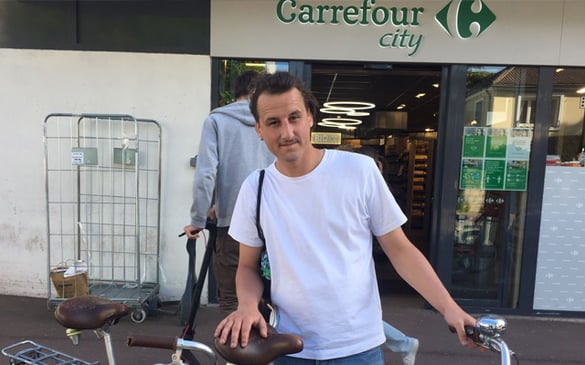
Working remotely?!
As I hinted at a moment ago, as a Waste Engineer it is not always necessary to be in the country. A lot of work can be done from the laptop and phone. In the past year, for example, I spent two weeks in and out of Paris in a period of three months. Why two weeks on and off? So that you are not just glued to your laptop. I also have to visit clients to validate, present, discuss and implement improvements. In the two weeks in Paris I had time to analyze data, make calls and make appointments. And I made sure that all visits were planned in the two weeks in the Netherlands. Despite the fact that it resulted in a full agenda, I can still recommend it to everyone. The fact that this is possible at Milgro makes it a good stay here!
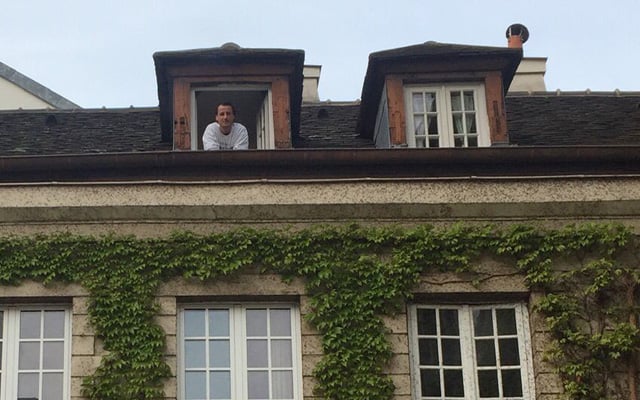
Stay informed
Would you like to know more about working at Milgro? View our careers page with recent vacancies. Or follow us on LinkedIn








